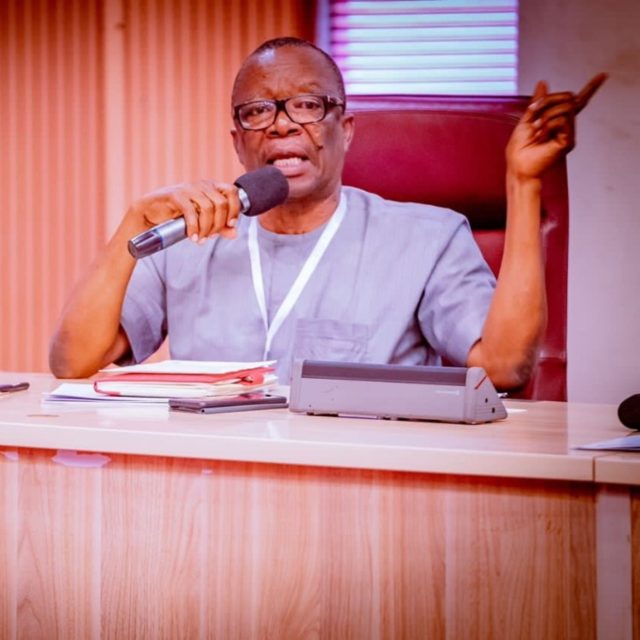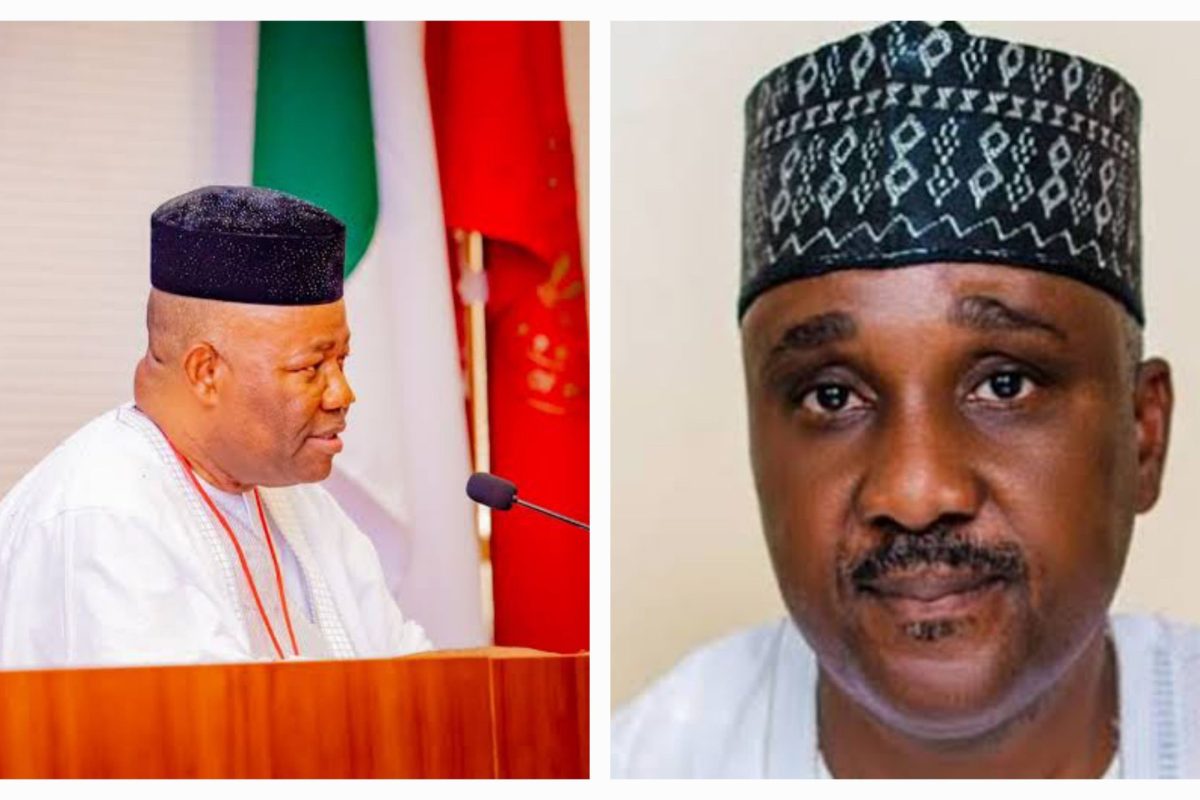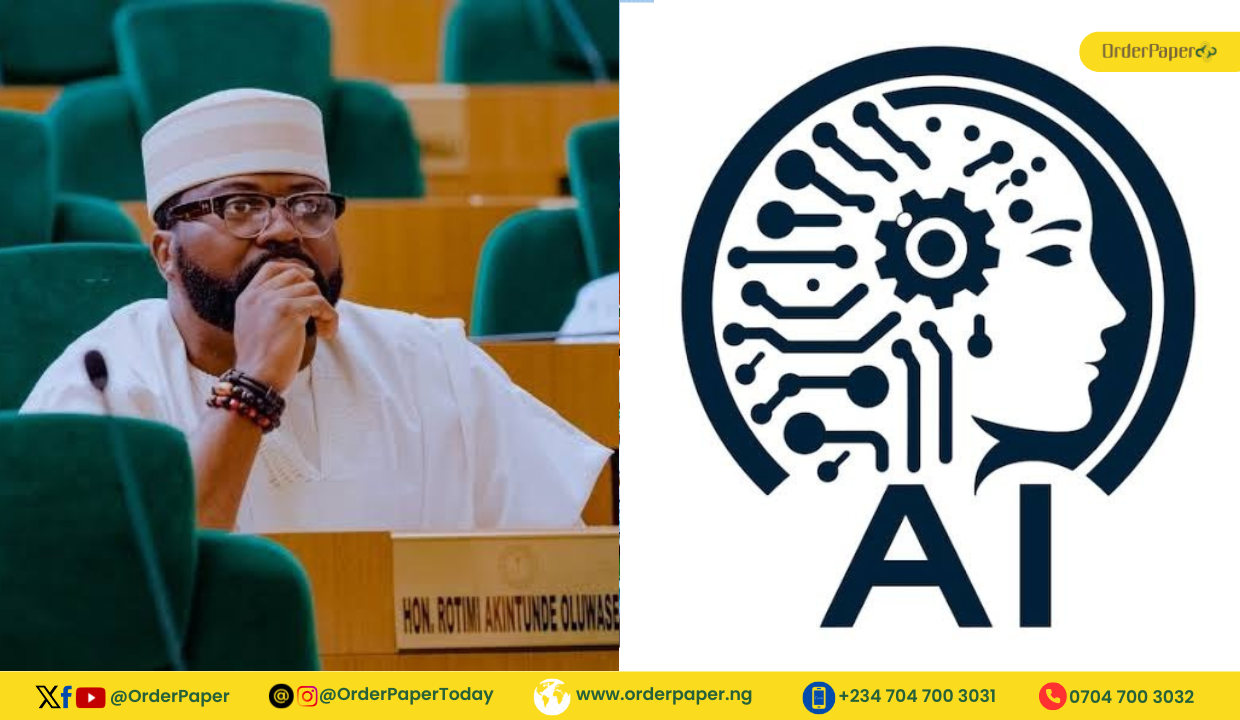Stakeholders lend their voices to burning conversations on education in Nigeria at National Summit on Tertiary Education organised by the Office of the Speaker of the House of Representatives, advocate for educational reforms to commence from the grassroots

President of the Academic Staff Union of Universities (ASUU), Professor Emmanuel Osodeke, has said that Nigeria can not afford to introduce tuition fees in the university system at a time like this.
Professor Osodeke made the remarks on Tuesday at the National Summit on Tertiary Education organised by the Office of the Speaker of the House of Representatives in Abuja.
He noted that considering the level of poverty and corruption in Nigeria, it would be unfair for the government to put more burden on parents. “The students are already paying too much fees in the universities. They can not be made to pay more,” he remarked.
The ASUU President further pointed out that government needs to invest in the welfare of lecturers and inject funds into the education system to improve the system, adding that there is a systemic problem in Nigerian universities which has nothing to do with funds.
READ ALSO: Reps to convene Summit on Tertiary Education Reforms
Minister of Works and Housing, Babatunde Raji Fashola, said that the question of ownership of universities should be resolved, saying the federal government should not be allowed to continue funding education. The minister also advised universities to diversify their funding channel.
A former Nigerian leader, Olusegun Obasanjo, observed that reforming tertiary education must start from the grassroots because, according to him, over twenty million Nigerian children do not have access to education, thus presenting a security threat to the future of the country.
He stated that Nigeria missed the road when the world discussed education for all, and Nigeria did not follow. Obasanjo further noted that the government has the resources to ensure free education from primary to secondary level for all Nigerian children.
Participants at the Summit included lawmakers, the Minister of State for Education, present and past leaders of ASUU, the academia and media practitioners.



